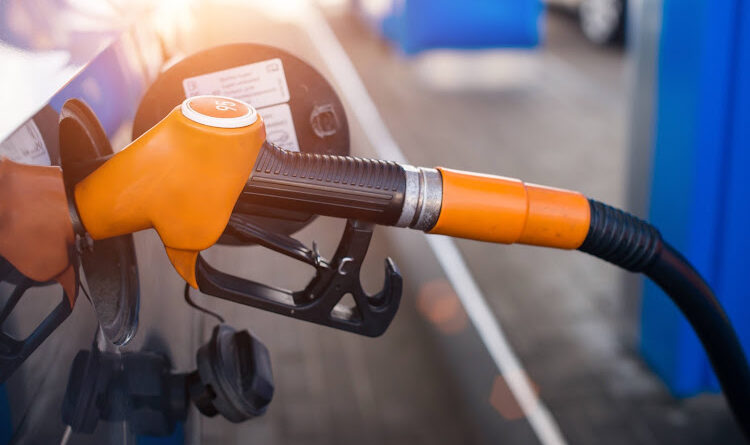Consumers cannot afford fuel levy hike
The Automobile Association (AA) says Finance Minister Enoch Godongwana must think carefully about the negative impact of increasing fuel levies on consumers before making any decision to do so when he delivers his Budget Speech in Parliament tomorrow. The AA says the two largest levies on fuel – the General Fuel Levy (GFL) and the Road Accident Fund levy (RAF) – currently comprise R6.13 on every litre of petrol and diesel sold in the country, and already generate billions of Rands in revenue for the government.
The GFL is currently pegged at R3.95/litre, while the RAF levy is currently pegged at R2.18/l. Neighbouring countries who buy fuel directly from South Africa do not add these taxes making their fuels cheaper than in the country which supplies them.
“As we have noted in the past, these levies comprise a significant portion of the money spent on fuel, and many South Africans, rightfully, question how this money is allocated, and whether they receive any benefits from paying these taxes. Apart from that, the impact of increasing the levies will be felt by all because they will result in higher input costs across various sectors and will be recovered through higher prices at the till,” notes the AA.
In April, May, June and July 2022, the government slashed the GFL by R1.50/l amid significant fuel increases at the time. However, the current levy rates returned in August and have remained at those rates since.
“We are concerned that the levies – left unchanged since late 2022 – will now be targeted for increases. We warn, however, that raising the rates of these levies will be counter-productive and cause more financial hardships for already embattled consumers. We know that consumers face rising costs of living while they either don’t have any income at all, or their salaries and wages are not adjusted because of prevailing weak economic conditions,” says the AA.
The AA notes that it has for several years called for a review of the current pricing structure of fuel, particularly since fuel is so closely linked to the country’s economy. It says an audit of the current fuel pricing structure is long overdue, and that government must now act without hesitation to establish ways to mitigate against rising fuel costs.
“South Africans are struggling, and the situation of millions of people is getting progressively worse each month with many not able to afford basics goods. Rising fuel costs result in more expensive goods and services which push people even deeper into financial hardship.
“While we accept that Minister Godongwana will have to walk a financial tightrope in crafting his Budget – as all his predecessors have also had to do – we call on him not to ignore the most important element in his speech: the South African public. Lumping the country with increased fuel taxes will not, in our view, serve any useful purpose and will, effectively, place a harsher burden on citizens at a time when they already cannot carry their current burden any longer,” the AA concludes.
Any adjustments to the fuel levies announced by Minister Godongwana tomorrow come into effect in April.




